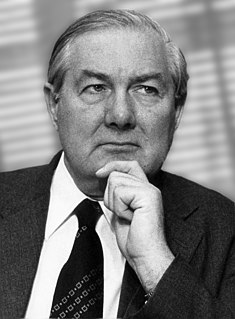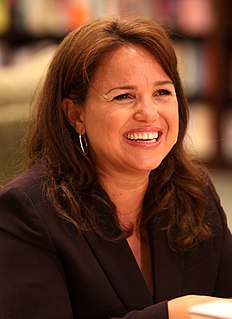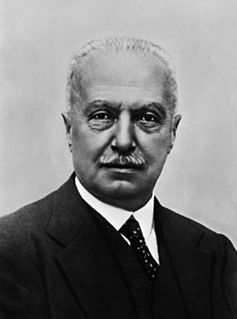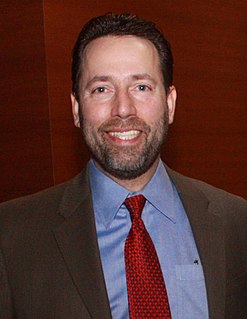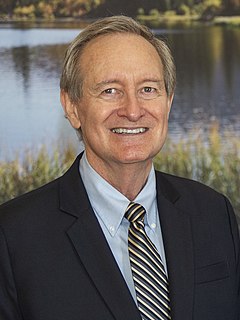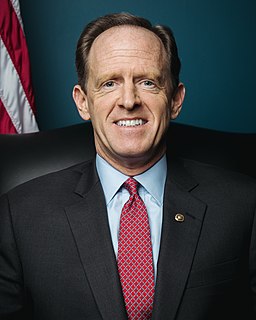A Quote by Robert H. Frank
Only the federal government has the power to spend beyond its current revenue. It shouldn't do that when the economy is at full employment. But it's an essential step for an economy mired in recession.
Related Quotes
We used to think that you could spend your way out of a recession and increase employment by cutting taxes and boosting government spending. I tell you in all candour that that option no longer exists, and in so far as it ever did exist, it only worked on each occasion since the war by injecting a bigger dose of inflation into the economy, followed by a higher level of unemployment as the next step.
Broadly speaking, Keynesianism means that the government has a specific responsibility for the behavior of the economy, that it doesn't work on its own autonomous course, but the government, when there's a recession, compensates by employment, by expansion of purchasing power, and in boom times corrects by being a restraining force. But it controls the great flow of demand into the economy, what since Keynesian times has been the flow of aggregate demand. That was the basic idea of Keynes so far as one can put it in a couple of sentences.
I would cap the amount of federal government can spend at 20 percent of the economy. Bring it back to 20 percent or lower. And say, we are not going to spend above that level. Democrats, they want to raise your taxes and spend more and more and turn us into an economy which is no longer driven by the private sector.
Government is taking 40 percent of the GDP. And that's at the state, local and federal level. President Obama has taken government spending at the federal level from 20 percent to 25 percent. Look, at some point, you cease being a free economy, and you become a government economy. And we've got to stop that.
But again, you know, the views that we've expressed are transferring power back from the federal government to the states, giving Alaska an incredible opportunity to expand its economy, especially at a time when our federal government is coming close to bankruptcy. So that is a broad-based appeal. It's not an extreme view.
As long as we're focused on spending, there are only two ways to do that: One is spend less, and Democrats have no solutions for that. Or we have pro-growth policies that make the economy grow so the dead-weight cost of government becomes a smaller percentage of the economy and therefore less expensive.

